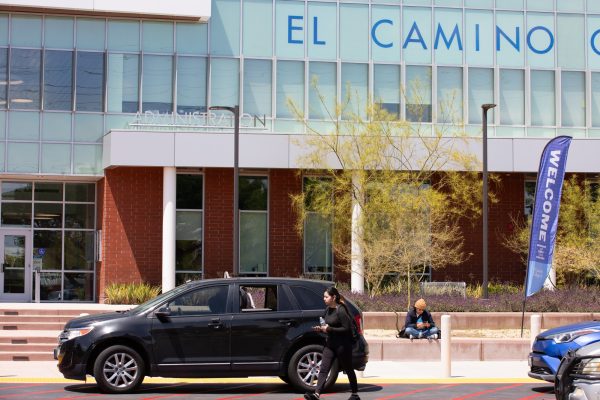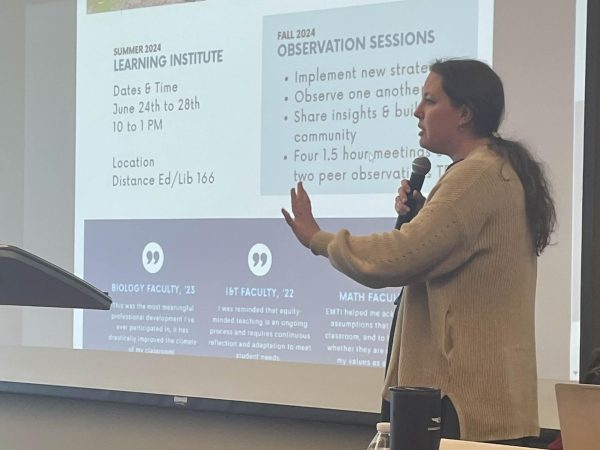EC unions at impasse with district over salary negotiations
Two of EC’s three employee unions, the El Camino Classified Employees (ECCE) and the El Camino College Federation of Teachers (ECCFT), are now at “impasse” with the district over salary renegotiations, Linda Beam, vice president of human resources, said.
The groups have been at the table since last fall, where contention has continually centered around pay raises.
“We’ve had a couple weeks now where no one changed their position,” Luukia Smith, president of EC’s classified employee union, said. “A state mediator [will come] in to help the two parties come closer and work towards a solution.”
Should the district’s proposal be adopted, it would result in a 5 percent raise spread over three years.
“Their [proposal] has stayed the same: a 1.5, 1.7, then 1.8 percent increase each year,” Smith said.
Both labor unions, however, have proposed raises with more significant increases that ramp up faster than the district’s three-year plan.
“[Our members] voted for a 5 percent per year raise for three years,” Nina Velasquez, executive director of the ECCFT, said, “and that number is symbolic of many things. The president is receiving a 5 percent increase per year.”
Leadership within the ECCE also echoed wishes for a larger and more immediate raise than the one proposed by the district.
“Back in November we went to our constituents,” Smith said, “and overwhelmingly that room said ‘Hold fast for 6 percent over one year.’”
Impetus for the union proposals comes from the fact that neither group has received a raise in the past six years.
“We have not had a salary increase since 2008,” Velasquez said. “And that is no one on campus with the exception of the president. Faculty have waited a great deal of time for an increase. In the meantime, everyday goods grow more expensive.”
However, the district has remained opposed to both union proposals, citing the lack of increases in state funding necessary to sustain such raises.
“Keep in mind that 2013-14 is the first time we’ve received any increase in apportionment,” Beam said. “The cost-of-living adjustment (COLA) provided by the state is 1.56 percent. They’re looking at a 0.8 percent COLA for 2014-15.We’re not getting 6 percent, not 10 percent. That’s our reality.”
Beam also expressed the district’s desire to use its funds conservatively in the next few years, as Prop. 30, a voter-approved sales and income tax increase that generated revenue for higher education, is set to expire.
“Keep in mind that a lot of the monies that the community colleges receive are based on Prop 30, which starts to sunset [in the upcoming years,]” she said. “The tide is turning and we’re trying to add classes back, but it’s not a windfall.”
The unions, however, believe that the district has the means to sustain their asked-for proposals, and are thus far unmoved toward a lower rate.
“Our mantra is ‘What are we worth?’ and that’s what we’re worth,” Smith said. “That’s what we feel like is fair, because technically we feel like we’re worth more, but we have a vested interest in making sure this institution stays fiscally sound.”










